Sleep Science: The Benefits of Having Plants in Your Bedroom
Spring is upon us which means it is the perfect time to liven up your space with a few plants. Believe it or not, plants have added benefits to your sleep that goes just beyond the way they look.
In fact, some specific plants are known to have scents that promote calm and lower anxiety, pain, and blood pressure. And the oxygen plants produce and the carbon dioxide they ingest are natural air purifiers, preventing us from breathing stale air, and getting sick.
Below is a list of the best plants to add to your bedroom for quality sleep.
Lavender
Lavender has been shown to improve sleep quality by reducing anxiety, stress, and insomnia. Because of stress reduction, relaxation follows and improves overall sleep quality.
Lavender needs full sunlight. Water only when the soil is almost dry.
Note: Lavender can be toxic for cats and dogs.
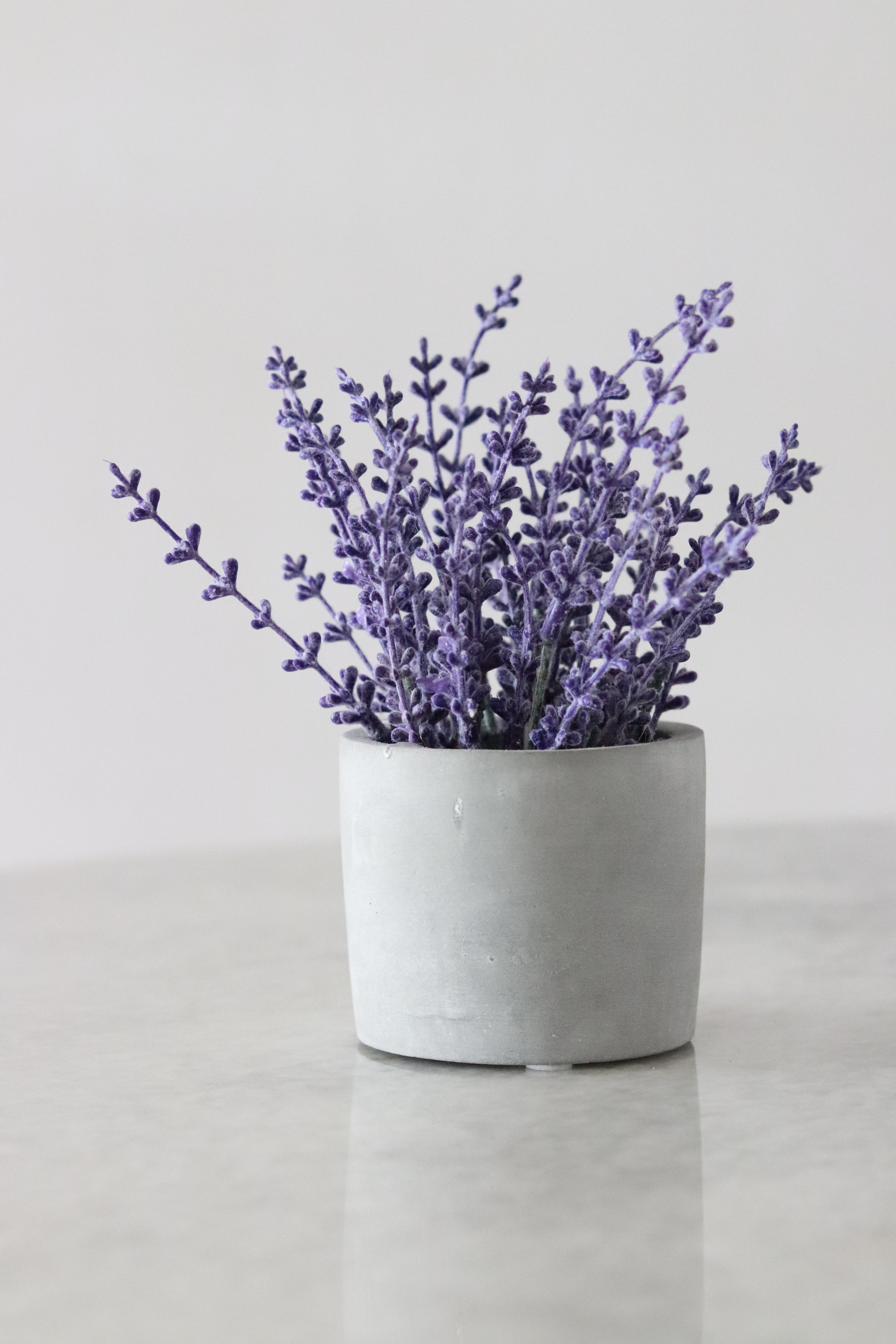
Jasmine
One study found that anxiety levels were lower and cognitive tests finished faster for those that inhaled Jasmine before falling asleep. Because Jasmine helps with deeper sleep, it also greatly improves alertness throughout the day.
Jasmine needs direct sunlight and should be watered every week.
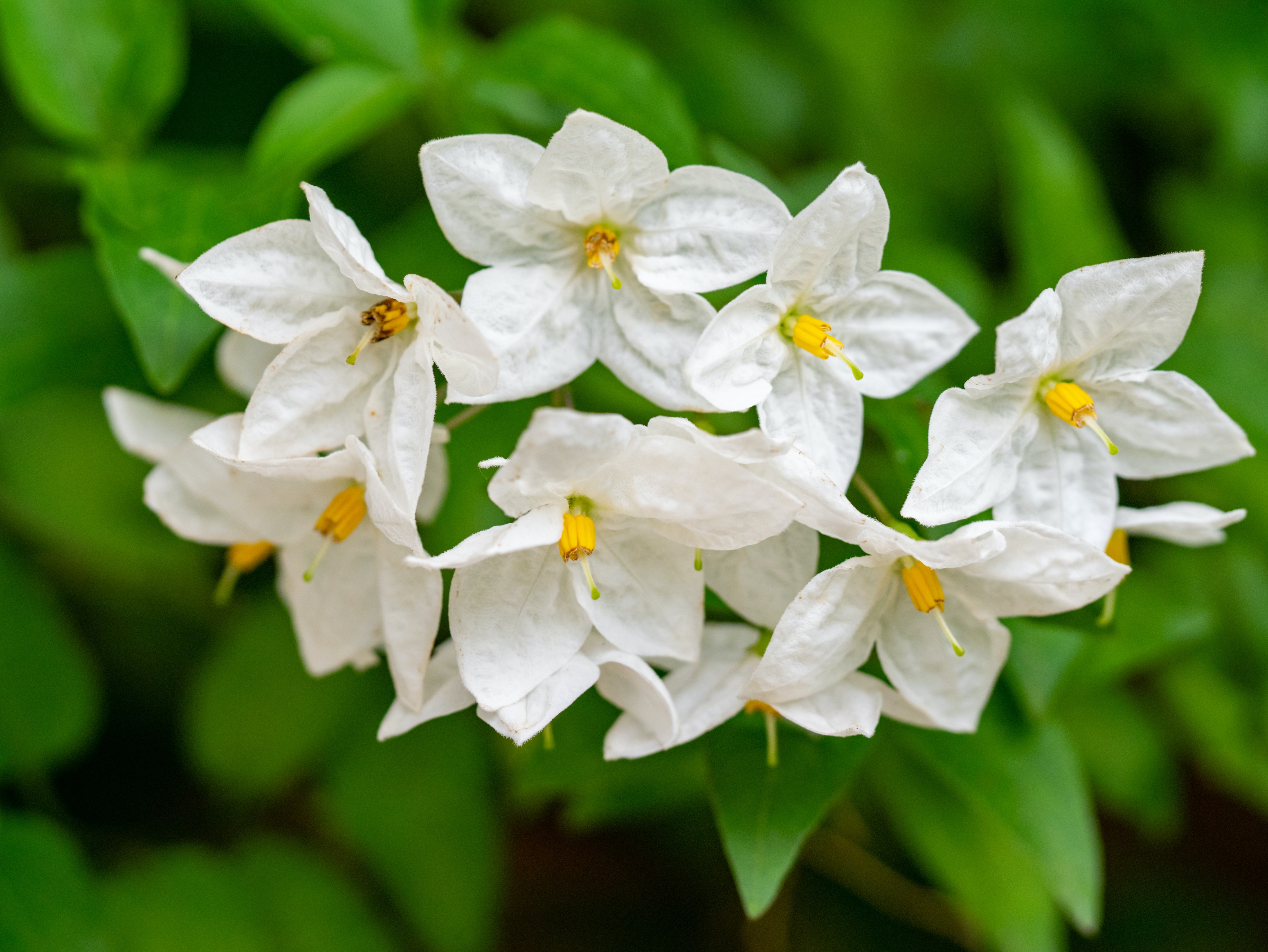
Snake Plant
Snake plants are known for being natural air purifiers, taking in carbon dioxide and emitting oxygen. Because of this, the improved air quality can greatly impact our rest.
Snake plants need indirect sunlight and should be watered every two to eight weeks and only when the soil is completely dry.
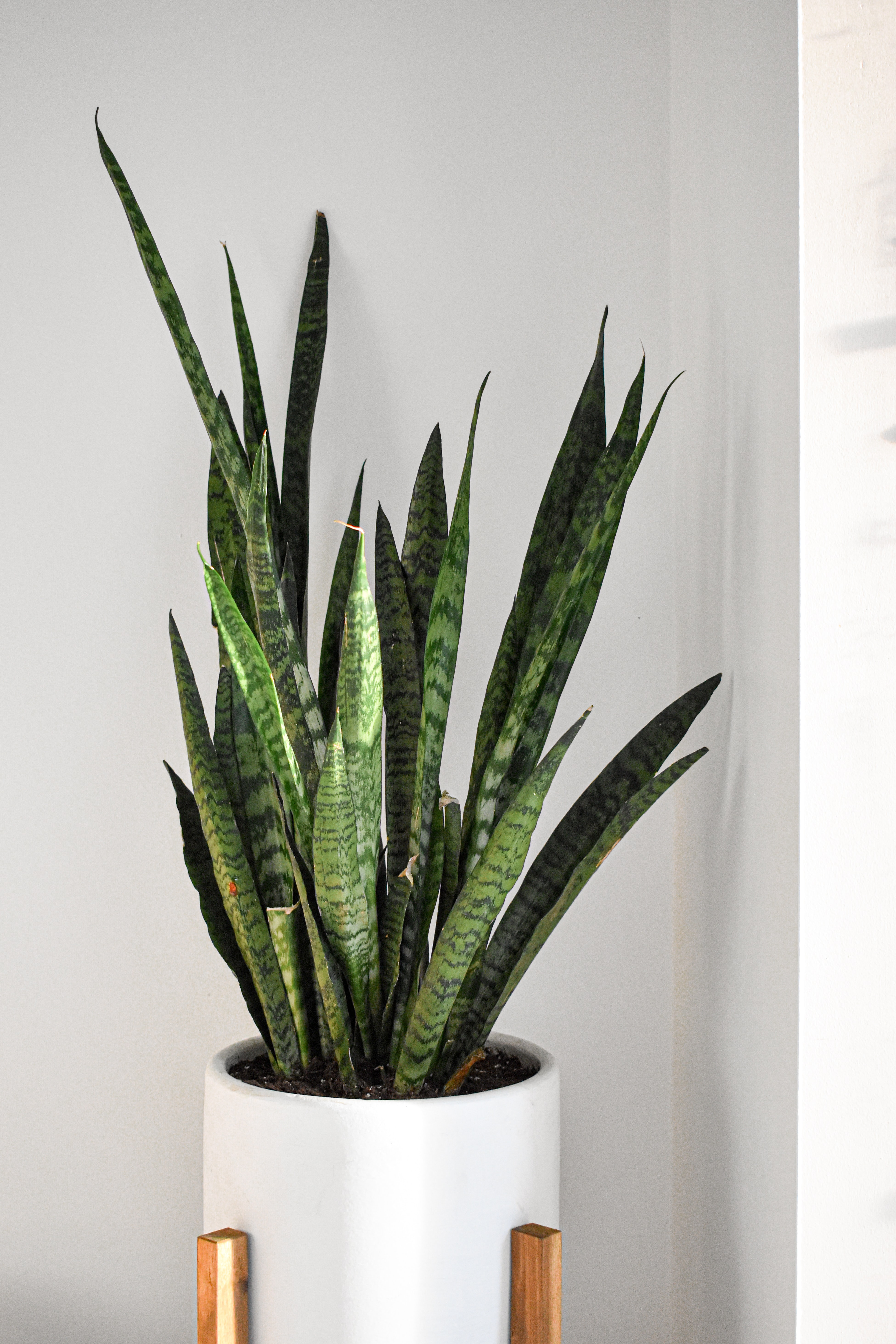
Aloe Vera
According to NASA, Aloe Vera is known for its air-improving qualities, emitting oxygen which in turn also improves sleep. It is known to soothe the mind and enhance mental clarity.
Aloe Vera does not require direct sunlight and should be watered every three weeks.
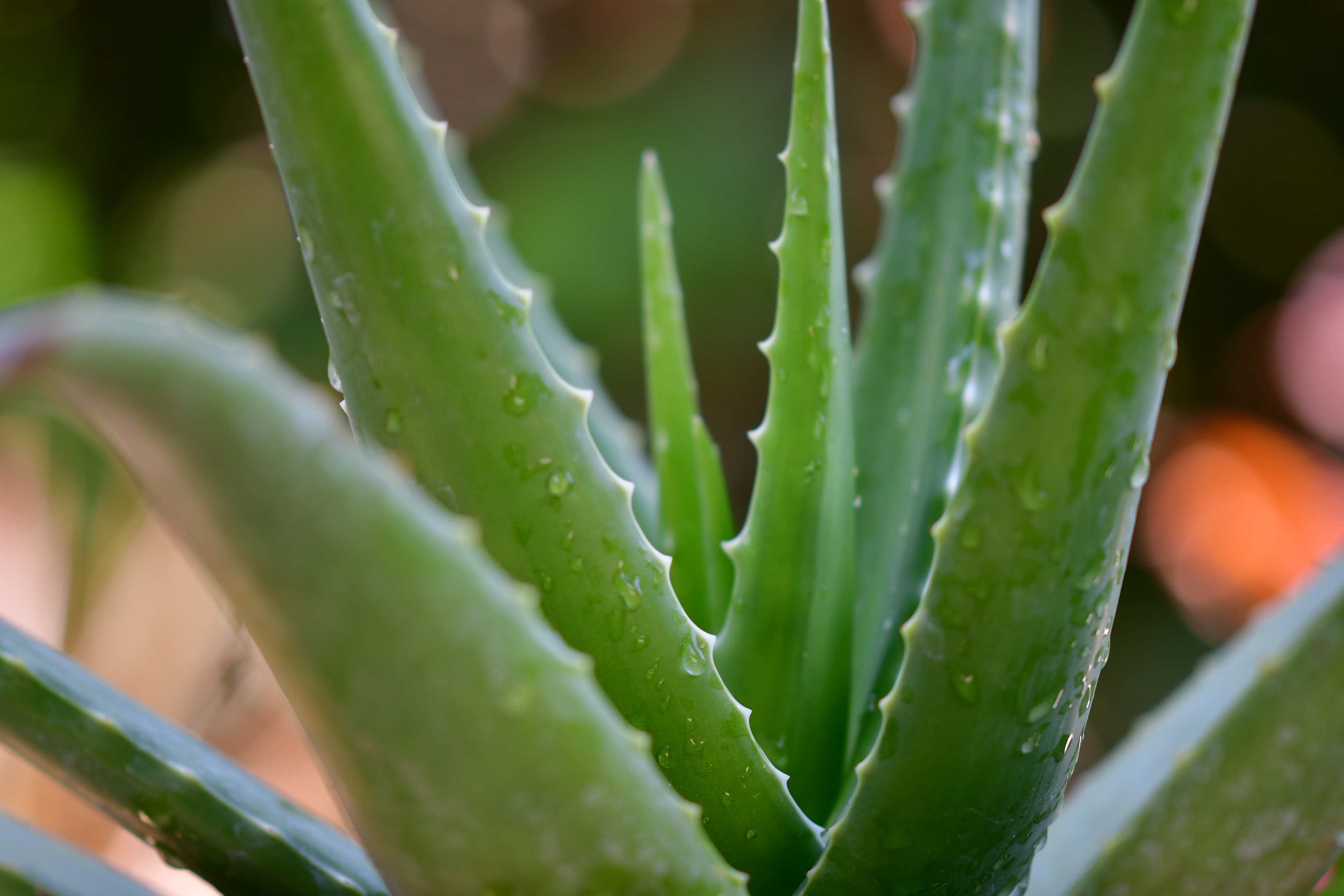
Spider Plant
Another NASA approved plant, Spider plants have shown to get rid of up to 90% of formaldehyde in the air. As a natural air purifier, the Spider plant helps with mental clarity and alertness during the day.
The Spider Plant requires indirect light and should be watered once a week.
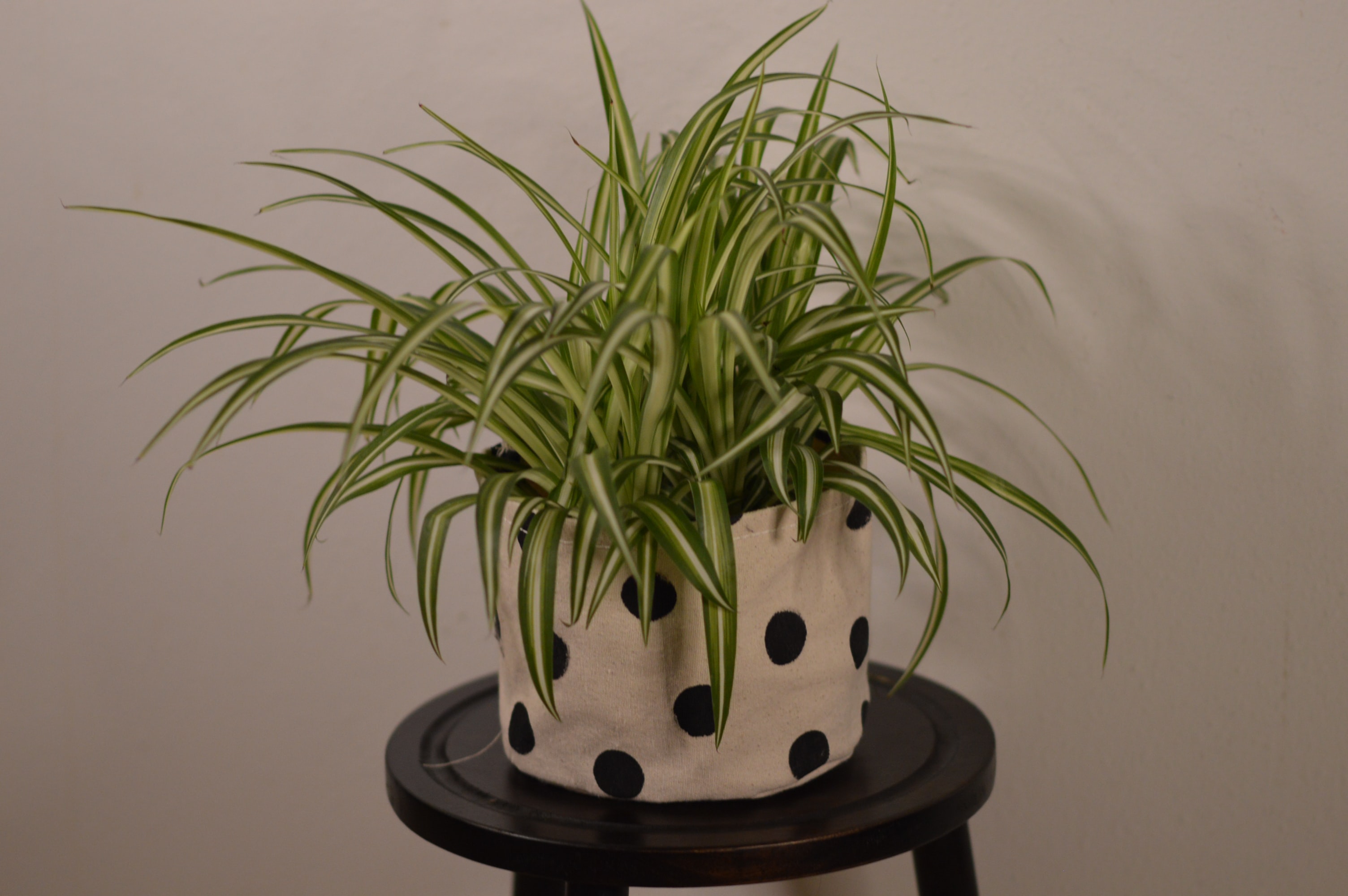
Just a few tips
- Be aware of mold allergies. Some potted plants can have mold in the soil, which can potentially irritate allergies.
- Be aware of which plants you should keep away from children and pets. Some plants can be toxic when ingested.
- Be aware of the environment your plant needs to thrive. Those that need extra care may not be ideal for someone who doesn’t have the time for the maintenance.
- For oxygen omitting plants, have the plant close to your bed, on a shelf or nightstand.
Better Sleep Ahead
For more ideas on how to improve your sleep, visit our Lucid website for sleep products to further enhance your sleep experience.
